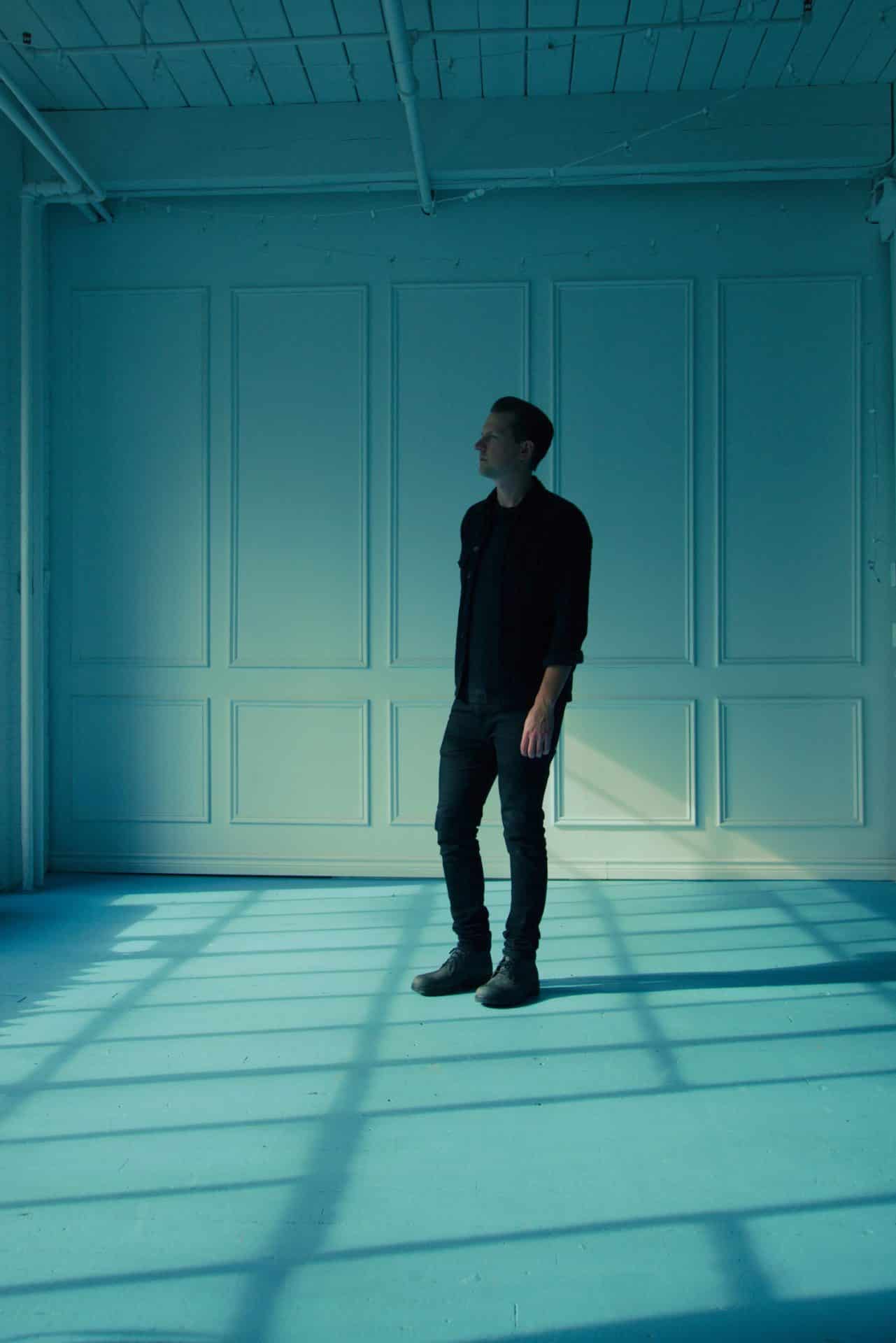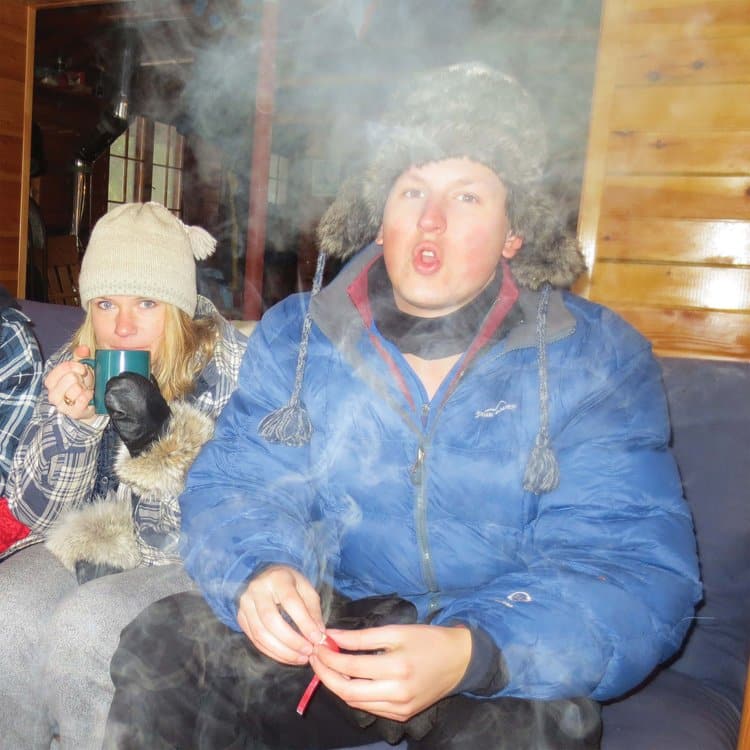In the lead track on Ken Yates’s latest record Cerulean, the Canadian-born singer-songwriter promises, “I’ll be holding your hand when the big one comes,” a profession of communion in the face of finality that threads the rest of the album. In this instance, “The Big One” Yates refers to is the imminent earthquake looming in the Pacific Northwest’s future, but Cerulean can’t escape the context of a 2022 release, where a lingering pandemic and the return of Cold War tensions threaten catastrophe.
Yet all is not lost. Cerulean’s confrontations with loss belong in the same conversation of similar apocalyptic art with films like Seeking a Friend at the End of the World and How It Ends, where the final hours aren’t spent fighting off the plague-infected or fulfilling a survivalist’s dream doomsday scenario. Instead, in songs like “The Future Is Dead”, “Best of the Broken Things”, and “Good Things”, there’s an acceptance of the inescapable, of a fate best confronted with communion, not blazes of glory.
Yates understands this reconciliation firsthand: The album finds him reckoning with the first major loss of his life– the death of his mother. Moreso than his other records, Cerulean feels inevitable. “This is the first time that I’ve made a record where I feel like the songs were going to be written whether I wanted to release an album or not,” Yates explains. “I was writing because I needed to. I never would have described songwriting as a cathartic process in the past; it was just something I liked to do.”

Along with this catharsis comes an airy, blissed-out production that’s unlike anything else in Yate’s catalog. With the help of producer Jim Bryson (The Weakerthans, Oh Susanna, Kathleen Edwards), Cerulean is more astral than backroads, a soundscape that gives Yates room to ruminate, approaching the concert hall atmospherics of The War on Drugs, Andy Shauf, and Big Thief.
“I used to go searching for the darkness. With this record, the darkness found me first. This is me finding my way out of it,” says Yates. As it happens, the way out isn’t the feel-good ending we’re conditioned to expect; it’s the beauty that comes with coming to terms with our mortality, the realization that, as he sings in the title track, “The point of life is no return.”
